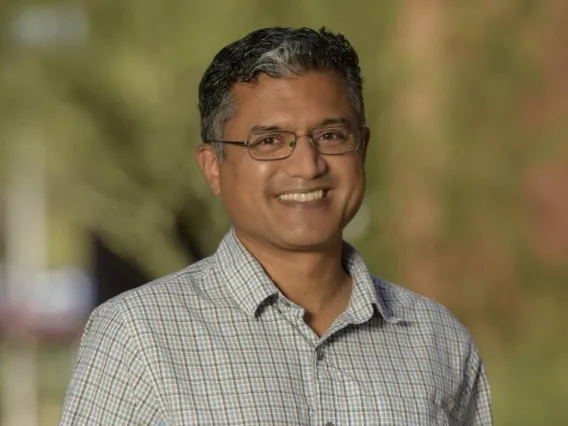Pillar 1
Virus & immune response
Need
The duration of immunity to the SARS-CoV-2 virus varies widely with the specific vaccine or infection, yet the molecular bases of these differences remain a mystery. There is currently no substitute for following antibody and cellular immune responses over time to determine the duration of immunity after infection or vaccination. This is an unsatisfyingly slow solution. A predictive set of cellular and molecular properties in the early immune response would allow for greater success in vaccine development.
Proposed Solution
Imaging mass spectrometry will be used to profile plasma cells. Bulk liquid chromatography-mass spectrometry (LC-MS) or gas-chromatography (GC)-MS approaches are insensitive and average large numbers of cells, thereby masking important functional heterogeneity in seemingly homogenous cell types. To overcome these problems, we will employ Desorption Electrospray Ionization-Imaging Mass Spectrometry (DESI-IMS). This new technology allows for spatial resolution of cells and assignment of metabolic and protein abundances at single cell resolution.
Statement of Work
We will use in situ mass spectrometry to predict the duration of immunity after SARS-CoV-2 infections and vaccinations. Early plasma cell metabolic and proteomic signatures will be linked to the duration of antibody production after COVID-19 infection and vaccination. Using longitudinal blood samples from participants at various stages of COVID-19 and after immunization with the Pfizer/BioNTech vaccine, we will define key metabolic properties of antibody-secreting plasma cells over the course of the response. For COVID-19 participants, samples will be analyzed within 1-2 weeks after symptom onset. This will allow for a comprehensive characterization of plasma cells to generate single cell signatures. These signatures will be compared to ongoing longitudinal studies in which we quantify serum antibody levels over time in a large cohort of individuals.


